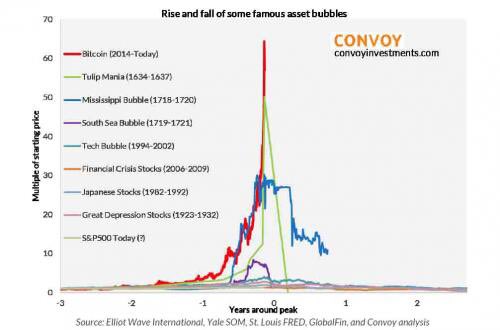it just needs to be distributed properly. We know that the amount of money spent on the military could be split up, and portions redirected to other needs such as education, and again this doesn't require us "finding" additional economic activity anywhere, it merely requires us to reallocate what we already have. These things may not be revolutionary, they may not be meaningfully "socialist" insomuch as they do not undermine labor alienation at its source (although I would argue there are deep secondary effects worth considering), but they are also items of very high material impact and its very hard for me to argue that they are therefore not worth pursuing.
Worth pursuing, potentially. However, some key statements from that essay:
> "They [Keynesians and social democrats] think that the capitalists [and/or their political representatives] control capitalism — not the other way around — so that the system can become something it's not once different people with different priorities assume control of it."
and
> leftists mistakenly imagine that "neoliberalism" has merely been the desideratum of wicked politicians, who under the influence of their Wall Street and corporate donors, have maliciously manufactured current economic conditions. But the reverse is actually the case; neoliberalism is a set of policies and an ideology that the ruling class and their political proxies developed in response to the underlying and enduring economic malaise of capitalism. That is, underlying economic conditions have been the driving force of neoliberalism, not politics and ideology.
and
> As Trump, Sanders, and the left blogosphere see it, these dire consequences are all due to the choices of neoliberal politicos, especially Reagan, the Bushes, and Bill and Hillary Clinton.
The above, that Sanders and Trump have the same political origin: International Capital has betrayed the US working class and their populist rhetoric are both about capturing and redistributing Capital to their political base.
Simply capturing Capital and redistribution doesn't work, as "reformed" Capital can be reformed either direction: pro or anti worker. Even authoritarian Social Democracies like the USSR, with it's promise of single party worker's dictatorship, saw a more mild and slower but still reformist slant towards assuaging the need for Capitalist accumulation and growth.
> In the short term, don't we simply need to get a bigger slice and then (perhaps) talk about the whole pie later on?
> The problem with this story is that while grossly exaggerating the impact of policies and trade agreements, it excludes a key underlying and primary causative factor of the current instability and malaise. This key factor is necessary not only for diagnosing but also for addressing the conditions that we face today. Keynesian reformers and social democrats, including Bernie Sanders, are either utterly unaware of, attempt to blithely ignore, or otherwise contest this factor. But its existence and effects are undeniable and its implications are enormous. That is, excluded from the standard leftist narrative of neoliberalism is the following: the underlying, decrepit state of capitalism over the past forty-plus years, and the unlikely prospects for a return to robust economic growth in the foreseeable future.
> Few thinkers, even among Marxists, seem willing to tell the working class this fundamental fact, and it surely is not going to be acknowledged by major political office holders or campaigners, whose careers depend upon the belief that their particular nostrums or plans will remedy the crisis. Yet neither Trump with his protectionism nor Sanders with his social infrastructure can restore the economy (in the US or beyond) to postwar levels of growth, the kind of growth upon which their promises depend. Likewise, their policies and plans would not ameliorate the conditions of the vast majority. As long as the economic system is capitalism, profit will be the driving factor, and the predicament of capitalism has precisely to do with a loss of confidence in the profitability of investment.
The Capital that provided growth post WW2 is the same Capital that stagnated in the 70s and is the same Capital that collapsed in 2008. Neither Sanders nor Trump will be successful in their populism because Capital is not at the reigns of a single "Great Man" and all good Marxists should reject the Great Man Theory. While Capital is not all encompassing it is total, and the rules of Capital: Accumulation/Profit/Exploitation/etc in all of it's microcosms and how it is acted out by the individual Capitalist is ultimately Capital acting in Concert.



